Want to Use Your Credit Card Effectively? Here’s How!
Deciding to get a credit card - or even learning how to use your existing cards effectively - can seem like a daunting task. With the amount of information available out there, it’s easy to get lost in the jargon!
Here’s a breakdown of what you need to know.
Choosing a credit card that suits your needs.
The credit card you choose should help you achieve your financial goals in the most affordable, efficient way possible. Terms and conditions can vary from card to card, so be sure to consider:
Annual fees - Assess the amount of annual fees you’ll be paying against what you need your card for; a card with low annual fees is best if you don’t intend to use it too often.
Interest rate - If you don’t pay off your balance month, you should be fully aware of how much interest you’ll be paying over time. If you intend to pay the full balance off every month before the due date, then the interest rate won’t matter as much.
Payment terms - Credit card payment terms will determine how long you have to make a repayment and whether you have any interest-free periods. With responsible use, you can enjoy the convenience and financial flexibility that a credit card has to offer.
Credit limit - Your credit limit can be determined by a lender based on factors such as income and living expenses.The higher the limit, the more you might be tempted to spend unnecessarily.
Pros & cons of using a credit card - an overview:
Benefits
Cashflow - Credit cards are a great way to manage your cash flow!
Perks & rewards - Including bonuses, frequent flyer points, cashback, and insurance benefits.
Credit score - Credit cards can help you build positive credit history.
Convenience - If cash and debit cards aren’t available, use your credit card!
Fraud protection - Since credit cards aren’t linked to bank accounts, there’s less risk of theft.
Downsides
Cashflow - Credit cards are a great way to manage your cash flow!
Perks & rewards - Including bonuses, frequent flyer points, cashback, and insurance benefits.
Credit score - Credit cards can help you build positive credit history.
Convenience - If cash and debit cards aren’t available, use your credit card!
Fraud protection - Since credit cards aren’t linked to bank accounts, there’s less risk of theft.
Interest rates - Expect to pay interest if you miss your monthly repayments.
Credit damage - Missed repayments can hurt your credit score.
Fees - Most credit cards have fees - some more obvious than others.
Credit card surcharges - Businesses may apply credit card surcharges.
Cash advance costs - Credit card cash withdrawals can attract a transaction fee and interest.
Using your card responsibly - what to keep in mind.
Setting a sensible limit will help ensure that you’re able to make repayments in full every month to avoid interest being charged. Don’t spend more than you can repay! Setting up automatic repayments can help you manage this.
Paying off the required balance each month is vital when it comes to avoiding interest being added to your balance. If you expect repayments to be delayed, be sure to budget accordingly.
Using your credit card in emergencies can really come in handy. If you need urgent, secure access to funds and don’t have it available, a credit card is likely your best bet - provided you can make the repayments.
Cash advances will cost you a transaction fee, as well as interest to be specific. Before considering a cash advance, consider other options first as financial institutions can make it expensive.
How using your credit card effectively can boost your credit score.
It’s important to note that you can use your credit cards to boost your credit score by demonstrating that you can make repayments on time to show lenders you can be responsible with debt. Using older cards regularly can also demonstrate that you can do this over a long period of time. Additionally, you can reduce the interest paid and pay off your debt faster by transferring your existing credit cards to a balance transfer credit card that is interest-free for up to 26 months!
Need some help with your a home loan?
Our mortgage brokers are available to help you. Enquire now.
Disclaimer: The content of this article is general in nature and is presented for informative purposes. It is not intended to constitute tax or financial advice, whether general or personal nor is it intended to imply any recommendation or opinion about a financial product. It does not take into consideration your personal situation and may not be relevant to circumstances. Before taking any action, consider your own particular circumstances and seek professional advice. This content is protected by copyright laws and various other intellectual property laws. It is not to be modified, reproduced or republished without prior written consent.

